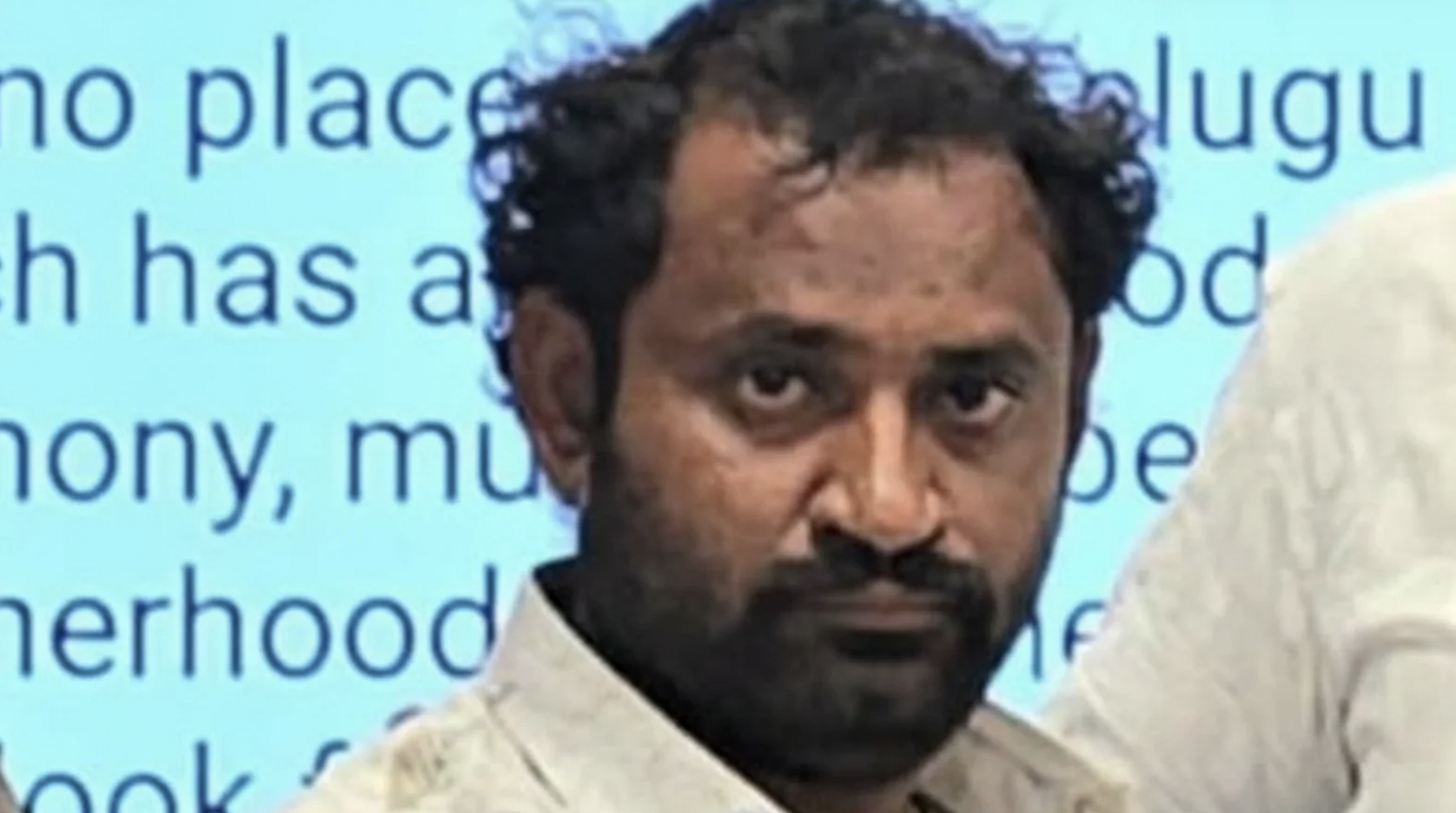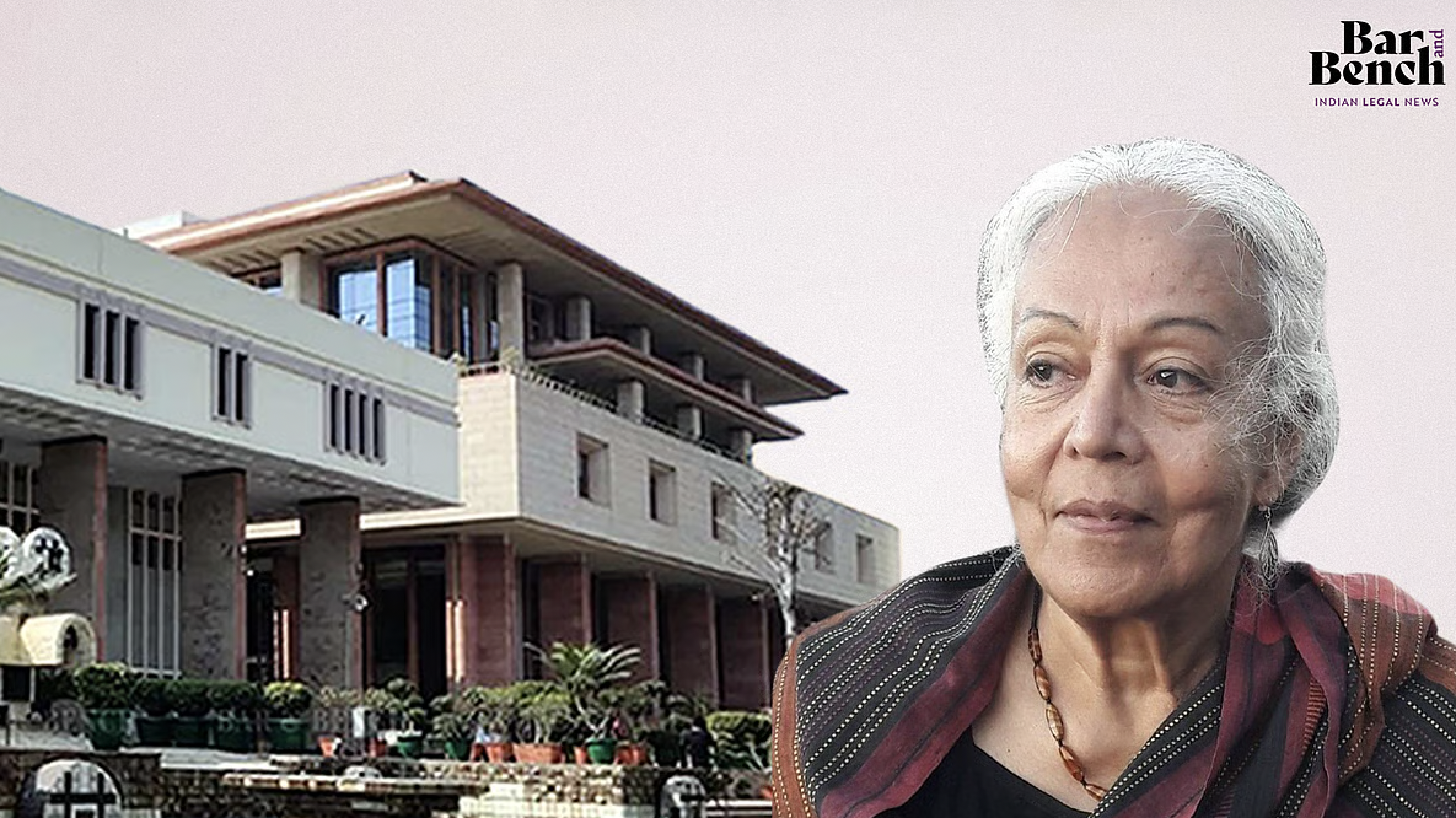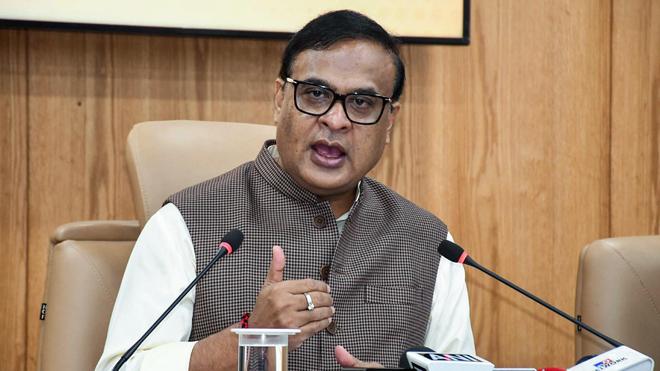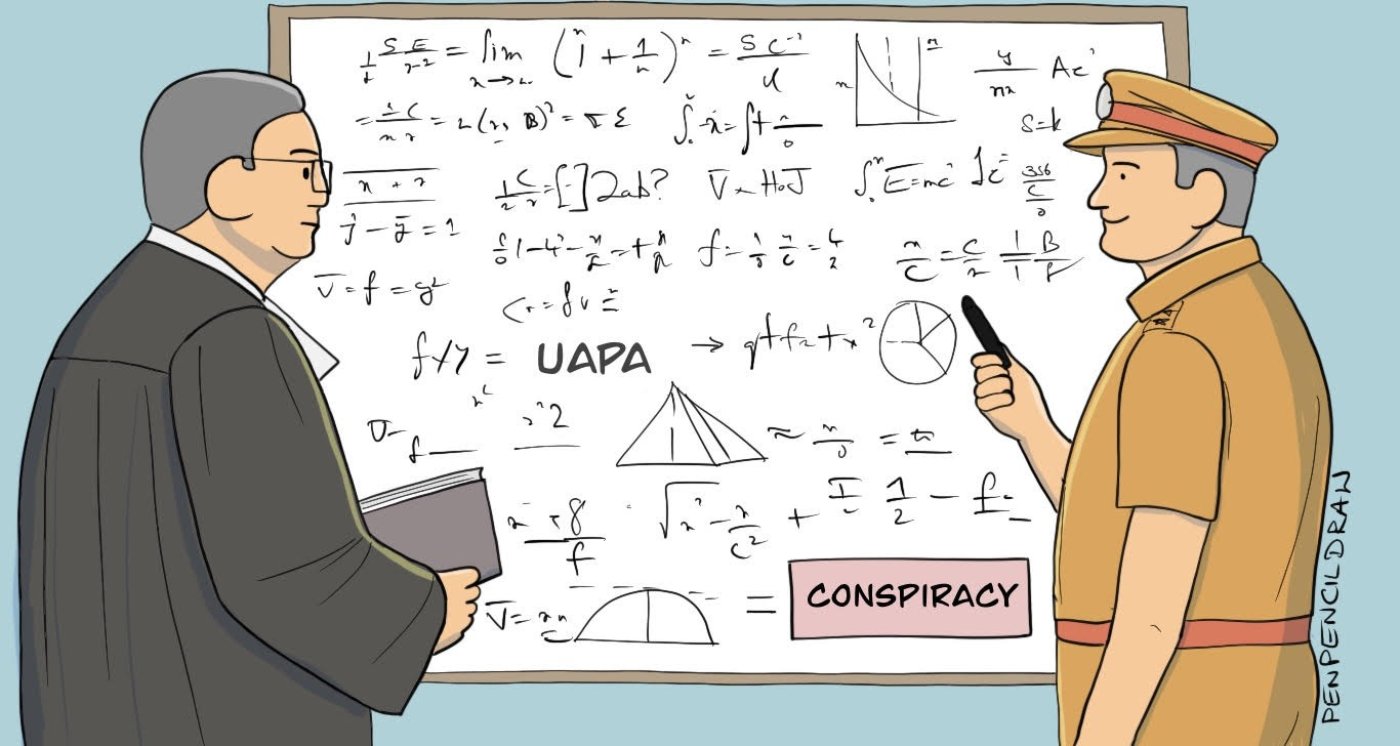
By Azad Essa
The geopolitical reconfigurations following the end of the First World War had a profound impact on independence and nationalist movements across the globe. India was no different. The Indian National Congress, under the leadership of Gandhi, saw the events of the First World War, the issuing of the Balfour Declaration, the collapse of the Ottoman Empire and Caliphate and the establishment of the British Mandate for Palestine in 1922 as further reasons to repudiate British rule. It also helped initiate closer ties with Muslims in India and the assertion of an anti-imperial agenda.
In Palestine, Zionism had arrived. Palestinians were increasingly displaced, excluded from employment opportunities and denied entry into Jewish-only trade unions. As the continuous flow of Jewish refugees from Europe increased, the rate of dispossession of Palestinians only increased. The programme of building a Jewish state brought together Jews (as well as dispensationalist or Christian Zionists) of various persuasions and motivations. The movement spawned political, cultural and labour Zionism (and later revisionist Zionism), each with its own idea as to the character of this future state.
However different these might have been, Zionism in totality agreed that this future state would need to have a Jewish majority and, therefore, establishing it was ultimately predicated on the act of ethnic cleansing of Palestinians. The political project went against Orthodox Jewish beliefs, but it nonetheless proceeded. However, political Zionists were so detached from the sentiments of the Jewish polity that they expressed an openness to a “homeland” in Argentina or Uganda before this matter was put to rest. Once the political project was endorsed, it wasn’t long before the Bible was used as “proof” that Jews belonged in Palestine. And in keeping with the peculiarities of the time, the Zionists reframed their movement as one befitting a “national liberation movement”.
India was the crown jewel of the British Empire, and Zionists paid attention to both the art and literature that emerged from India, as well as the mass mobilisations that threatened the British Empire. However, it was Hindu nationalists who felt an immediate kinship with the Zionist movement. They saw no contradiction in admiring the European fascist movements that targeted European Jews as well as the Zionist project that looked to revitalise the Jewish race by building an exclusive homeland for the Jewish people.
The support of European powers for a Jewish state in the Middle East turned a colonial matter into a civilisational conquest. The subtext now was that “Israel was a device for holding Islam – and later the Soviet Union – at bay,” Edward Said wrote. Herzl, the writer Abdul-Wahab Kayalli argued, had routinely portrayed Zionism “as a political meeting point between Christianity and Judaism in their common stance against Islam and the barbarism of the Orient”. Unsurprisingly, in India, Hindu nationalists saw “the Jewish question” in Europe as “the Muslim problem” in their own backyard. “India’s Muslims are on the whole more inclined to identify themselves and their interests with Muslims outside India than Hindus who live next door, like Jews in Germany,” Savarkar said in a speech in December 1939.
This story was originally published in scroll.in. Read the full story here.






